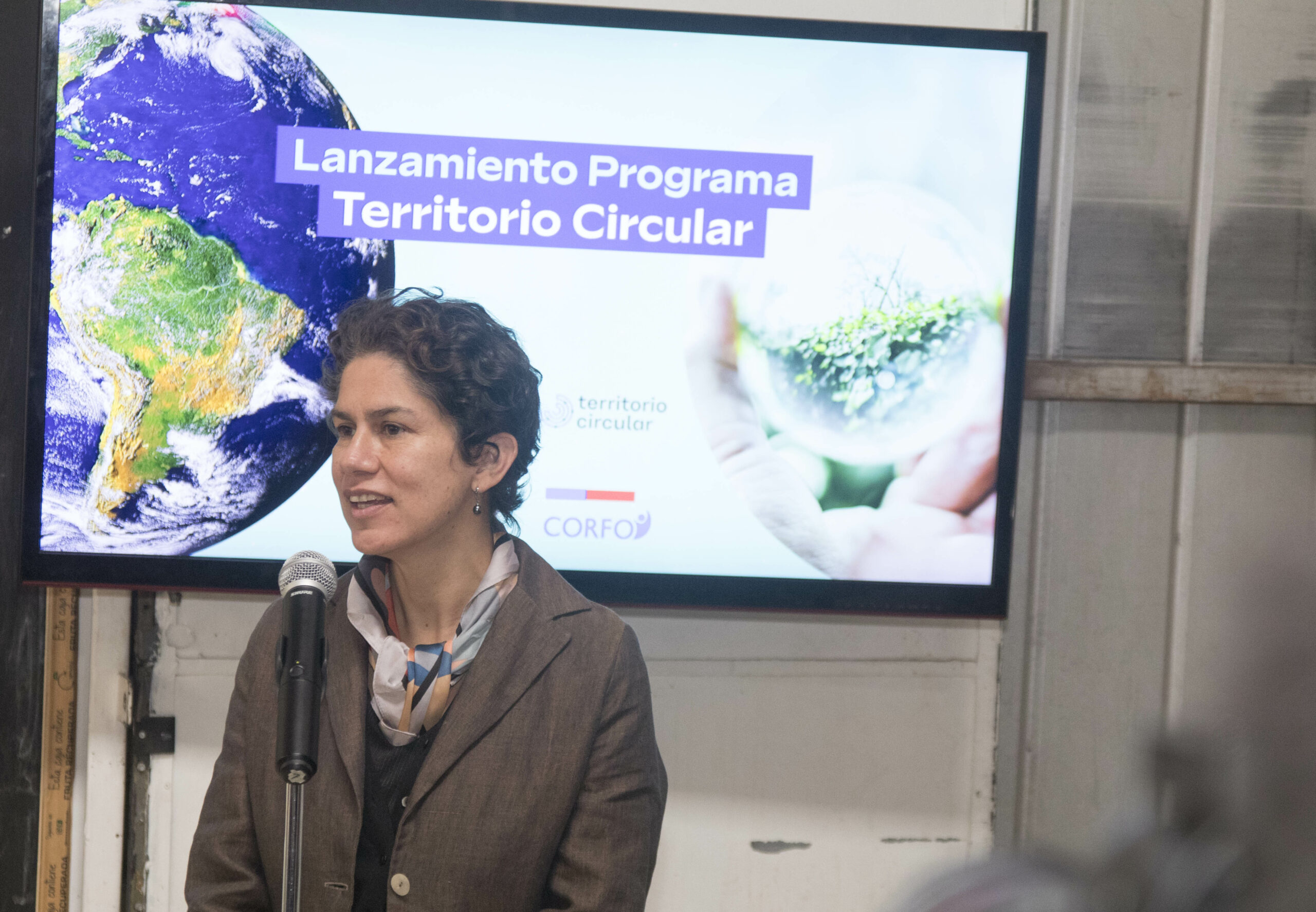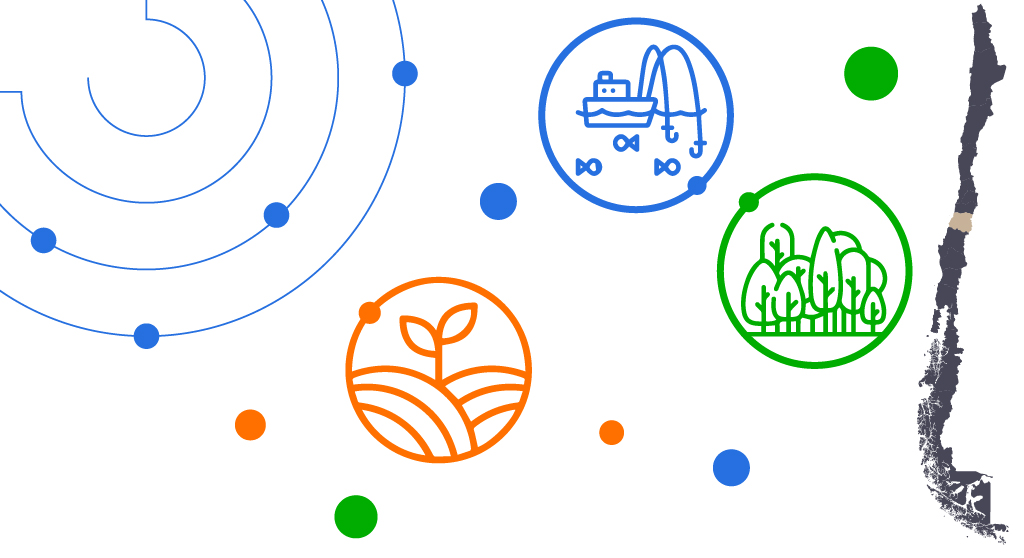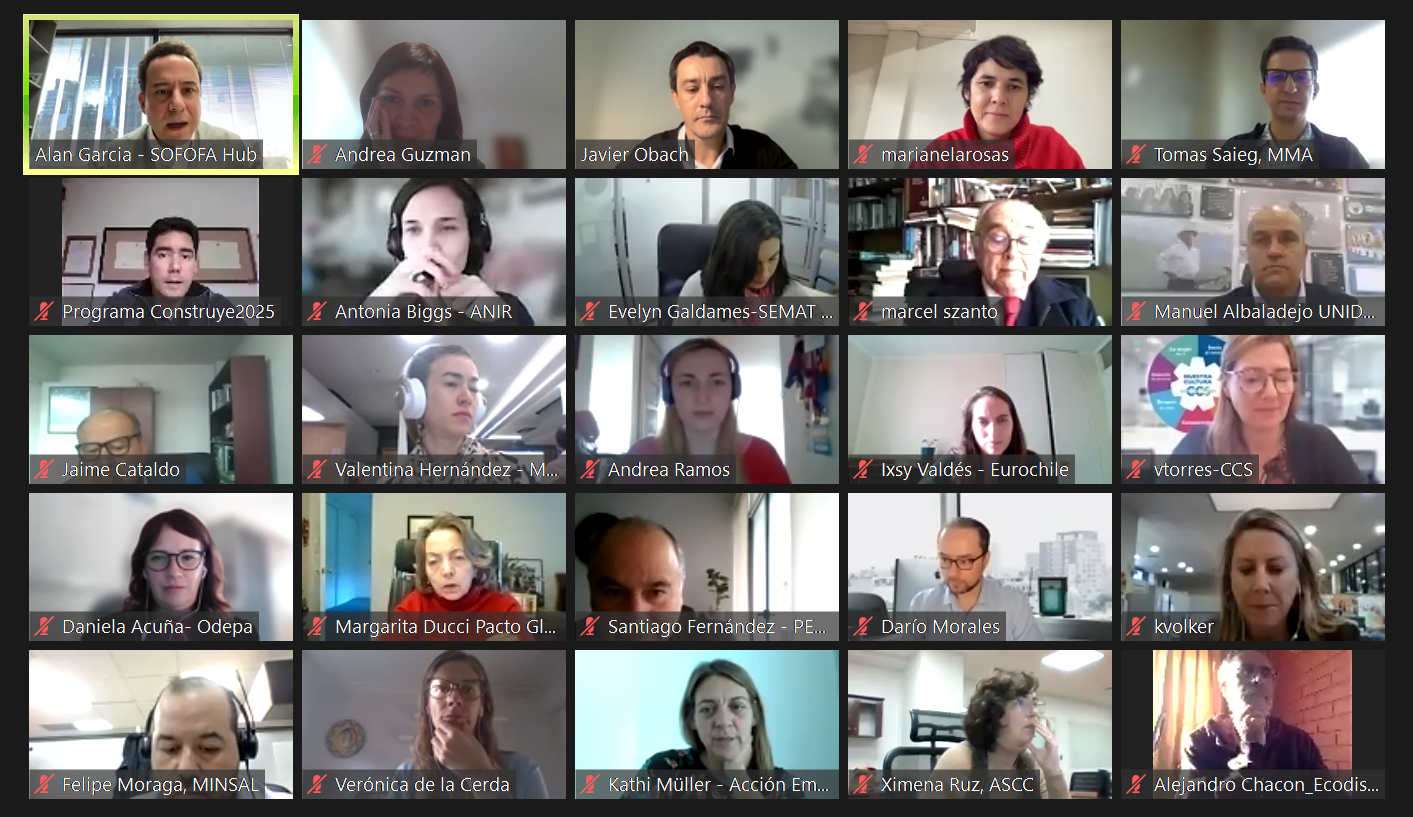We must tackle the dilemma of finding the way to activate the post-pandemic economy in the face of a world that accelerates its consumption (let’s recall that Chile is the first country in Latin America to consume the stock of resources that the planet provides in a year, according to the Global Footprint Network), and a linear culture that often prefers disposable over returnable. On the one hand, we need to restore productivity and jobs and, on the other, stop generating thousands of tons of daily waste.
Today, May 17, UNESCO invites us to reflect on the Global Recycling Day. We are given a unique opportunity to rethink the way we do things and to redirect business and consumer behavior to use resources responsibly.
It is not by chance that Law 20,920 (the Rep Law) was enacted on a day like today, in the year 2016, with the general objective of reducing waste generation and encouraging its reuse, recycling and other types of appreciation, establishing the framework for waste management, as well as the extended liability of producers and the advancement of recycling. In this particular case, the associated regulation establishes goals for priority products such as out-of-service tires, whose annual waste generation is estimated at 140 thousand tons, and which is valued at a mere 8.6%, according to the Recycling Industry’s National Association.
Circular Economy is a model of sustainable consumption and production that proposes changes in the linear systems we know and is, simultaneously, a tool that allows to design business models that incorporate eco-design, reuse, recycling and appreciation, to contribute to the compliance of recycling targets for priority products set forth in the Rep Law as well as the goals of the Roadmap for a Circular Chile by 2040.
It is currently an excellent forum to renew our commitment to environmental care and to praise all those who work for the efficient management of by-products (wrongly labeled as waste) throughout their value chain, transforming them into new value-added materials and generating positive impacts on the planet.
Opinion Column
Javier Obach, Circular Territory Program Manager




